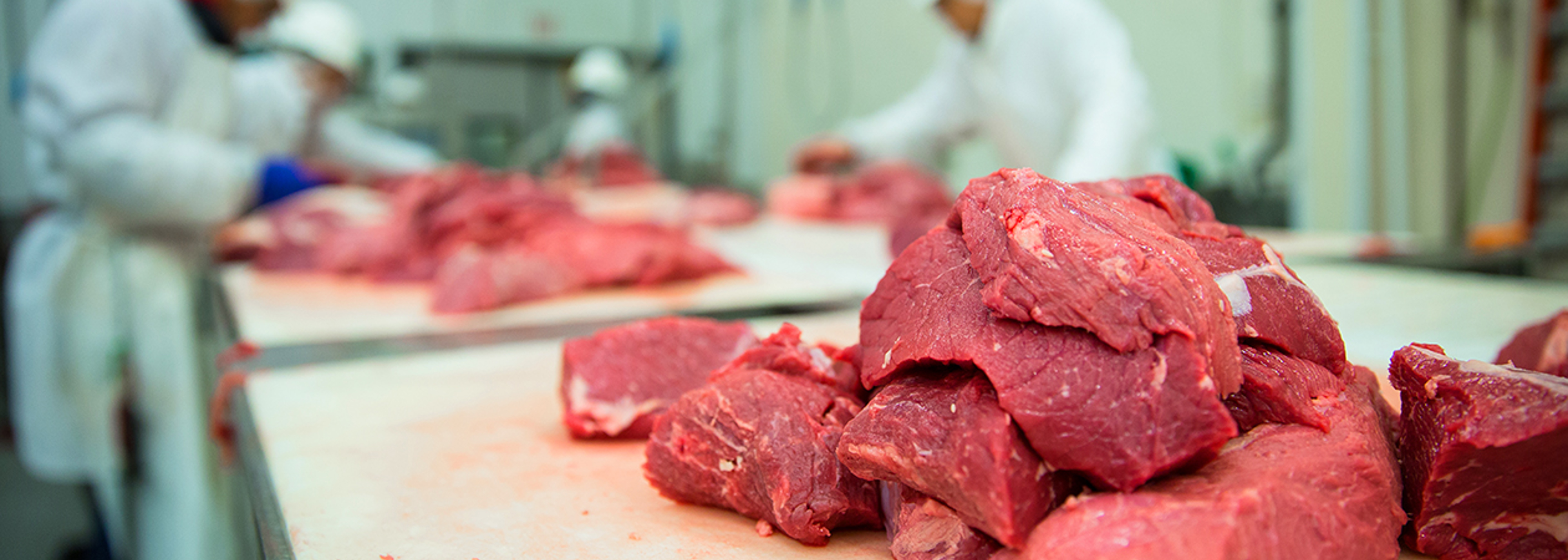Looking for a new role in environmental health?
Whether you're just starting out or ready for your next step, EHN Jobs connects you with the latest opportunities in environmental health across the UK.

New findings say UK meat industry may be trying to affect policy decisions using marketing techniques commonly utilised by the tobacco industry.

Looking for a new role in environmental health?
Whether you're just starting out or ready for your next step, EHN Jobs connects you with the latest opportunities in environmental health across the UK.